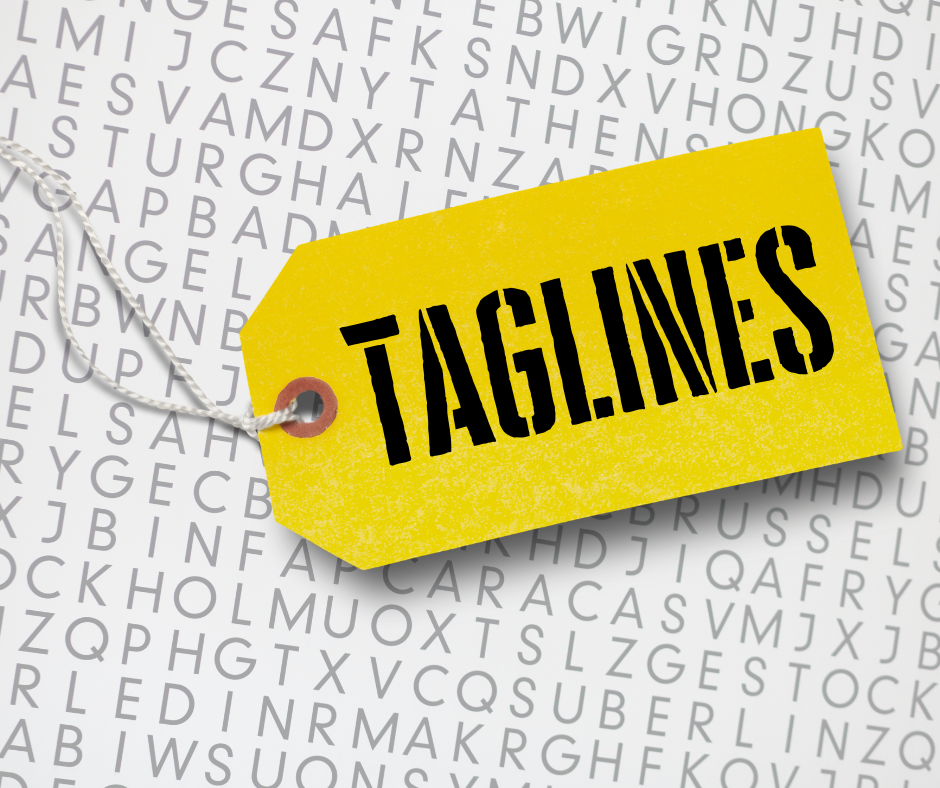Private School vs. Independent School: What's the Difference and Should We Care?
/I've always been intrigued by the use of the terms “private” vs. “independent” school. What's the difference, if any, and is there an advantage to using either for school marketing purposes?
According to his post on ThoughtCo., Robert Kennedy makes the point that "In general, independent schools are actually considered private schools, but not all private schools are independent. So an independent school can call itself private or independent, but a private school cannot always refer to itself as independent."
Now, I was a philosophy major in college (I know. The world needs a lot of philosophers, right?) and I took Logic only because I had to in order to graduate. Rob took it because he loved it. (Now you know a fundamental difference between us.) This is one of those “Logic” things.
All A’s are B, but not all B’s are A.
All independent schools (A) are private (B), but not all private schools (B) are independent (A)
As Kennedy states in his post, it boils down to funding and governance. Private schools are often run by a church and their governance and funding fall under the auspices of that church. Independent schools are self-governing and self-funding, and, as such, neither benefit from nor are beholding to any entity except themselves.
In addition, private schools and independent schools are often non-profits, but there are exceptions. As an example, Avenues the World School is for profit.
“Independent” According to NAIS
The National Association of Independent Schools (NAIS) defines their member schools this way:
What makes independent schools independent? Independent schools are independent in:
Philosophy: each is driven by a unique mission.
The way they are managed and financed: each is governed by an independent board of trustees and each is primarily supported through tuition payments and charitable contributions.
They are accountable to their communities and are accredited by state-approved accrediting bodies.
Many More Private Than Independent
There are over 30,000 private schools in the US, approximately 2,000 of which are independent. So you can see how small the subset is and even more reason to be precise with the terms.
Impressions Count
We know that, for some, the word “private school” elicits thoughts of elitism, exclusivity, and privilege. So school marketers may feel using the word “independent” softens this association and gets your school off on a better foot.
The problem is that you shouldn’t say that you’re independent if you’re not. Yet our audience and, unfortunately, we professionals often use the terms interchangeably when we shouldn’t.
SEO Power
While I’m no SEO expert—those who are please weigh in—“private school” performs better than “independent school.” The chart below captures the trends for the two terms over a five-year period starting n 2018.
So it stands to reason that populating your website with “private school” will serve you better as prospective parents consider a new school for their child—even if your school is independent.
The Bottom Line
I think it’s important for all of us in the school marketing community to recognize the difference between the terms “private school” and “independent school” as a matter of industry acumen.
So spread the sparks and inspire your colleagues to know the difference. All of us in school marketing will be more brilliant if you do.
What do you think?






















Master Electrician, InspirED School Marketers
Master Electrician isn’t just a fun title for me. It’s how I feel about sparking school marketers to do their best work, connecting them to one another, and helping to make their jobs easier. After working with close to 100 schools in the firm I founded — Turnaround Marketing Communications — I realized that school marketers needed a place where they can find brilliant ideas and brain food to make their job easier and feel supported. InspirED School Marketers was born in 2013 to fill that void and with the help of my fabulous Best Boy, Rob, we are on a quest to make InspirED a resource you can't live without.
Twitter Facebook LinkedIn